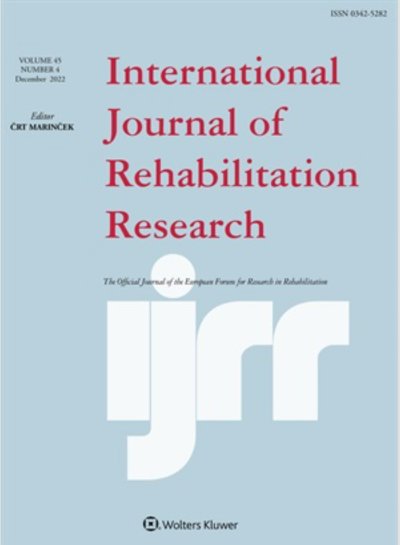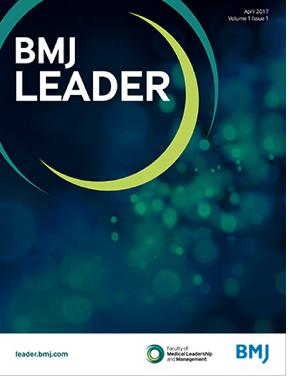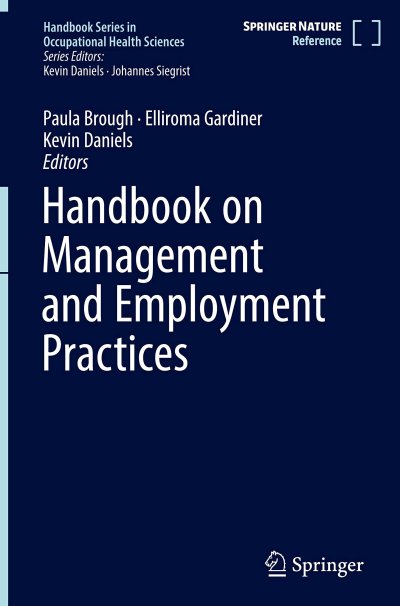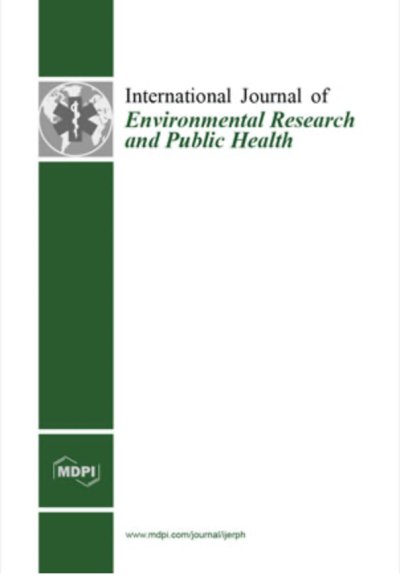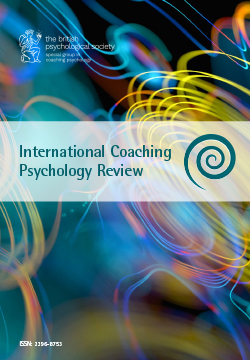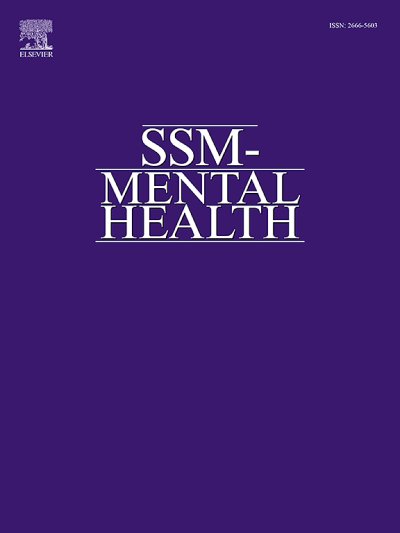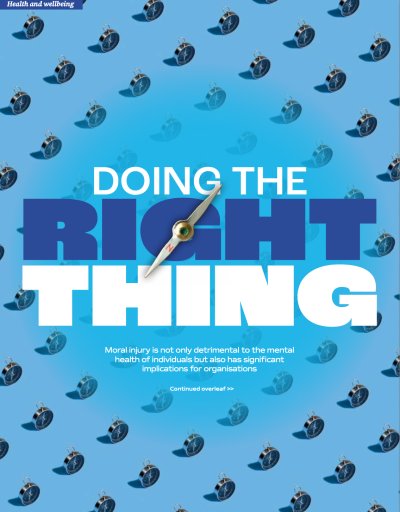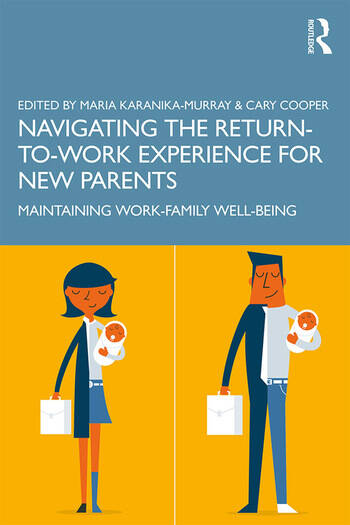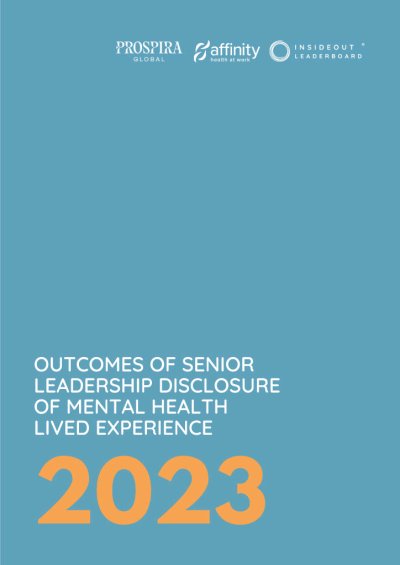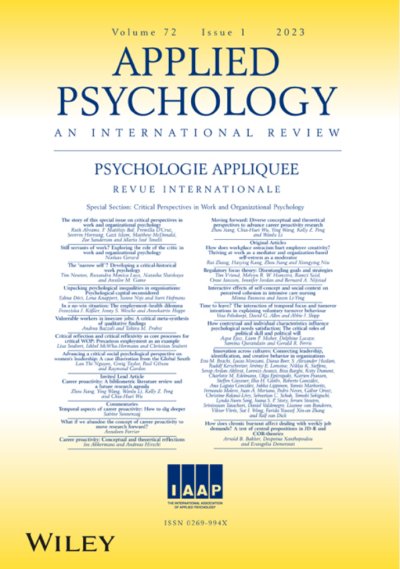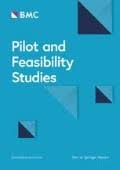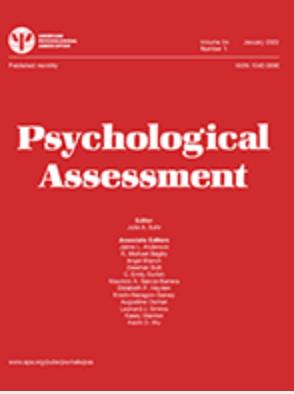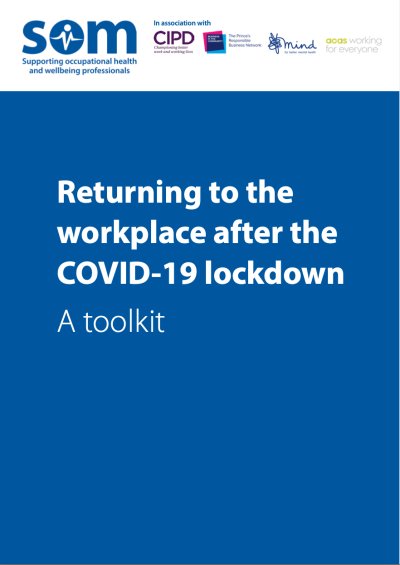Displaying 31 to 60 of 88
Iosh Webinar: Learnings from the Covid-19 pandemic (PNG, 405 Kb, 790x882)
Learning from the Covid-19 pandemic – approaches to support employee health and wellbeing
Job Crafting As A Work Adjustment Strategy For Workers Returning After Long-Term Sickness Absence Due To Common Mental Disorders (PDF, 383 Kb)
Job Crafting As A Work Adjustment Strategy For Workers Returning After Long-Term Sickness Absence Due To Common Mental Disorders
Mon, 1 Jun 2020
International Journal of Rehabilitation Research
The purpose of this qualitative study was to examine the way workers with common mental disorders use job crafting to adjust their work to their levels of functioning after returning from long-term sick leave. Thirty-eight workers who had returned within the last 24-months from sickness absence due to...
Keeping Business Travellers Healthy, Happy And Engaged At Home And Away (PNG, 768 Kb, 1654x2339)
Despite international business travel being seen as essential for global business and indeed advantageous in term of career progression for employees; there is evidence that international business travel can be deleterious to health. The study not only uncovers the psychological implications of business...
Learnings From The Covid-19 Pandemic: Approaches To Support Employee Health And Wellbeing (PDF, 769 Kb)
Learnings From The Covid-19 Pandemic: Approaches To Support Employee Health And Wellbeing
Fri, 1 Jan 2021
IOSH
This research was conducted by Affinity Health at Work, co-sponsored by IOSH via its Research Consortium, to explore the impact the COVID-19 pandemic on employee's health and wellbeing and what can be learned from it.
Researchers conducted interviews and held focus groups with employees, managers and...
Lessons For Leadership And Culture When Doctors Become Second Victims: A Systematic Literature Review (PDF, 460 Kb)
Lessons For Leadership And Culture When Doctors Become Second Victims: A Systematic Literature Review
Mon, 24 Jun 2019
BMJ Leader
This review set out to understand what leaders and organisational cultures can learn about supporting doctors who experience second victim phenomenon; the types, levels and availability of support offered; and the psychological symptoms experienced. A systematic review of keywords 'Medical Error' [MeSH],...
Line Management Competence: The Key To Preventing And Reducing Stress At Work (PDF, 93 Kb)
Line Management Competence: The Key To Preventing And Reducing Stress At Work
Tue, 1 Jan 2008
Strategic HR Review
Work-related stress is a major concern for employers, and the UK Health and Safety Executive has introduced Management Standards for employers to support them in managing stress in the workplace. Managers have a key role to play in minimizing stress-related risks for their staff. Management behaviour...
Long COVID and Return to Work - What Works? A position paper from the Society of Occupational Medicine (PDF, 685 Kb)
Long COVID and Return to Work - What Works? A position paper from the Society of Occupational Medicine
Thu, 4 Aug 2022
Society of Occupational Medicine
This paper provides guidance on the identification and management of Long COVID - particularly regarding return to work. This guidance has been produced by members of The Society of Occupational Medicine Long COVID Group, of which our Managing Partner Jo Yarker is a member, and other work and health...
Management Competencies for Health and Wellbeing
A growing body of research demonstrates the impact of management behavior on a range of individual and organizational health and wellbeing outcomes; however, efforts to train and develop managers often fall short. This chapter focuses on research to identify competencies–or the collection of skills,...
Management Competencies For Preventing And Reducing Stress At Work: Identifying And Developing The Management Behaviours Necessary To Implement The HSE Management Standards (PDF, 1.2 Mb)
Management Competencies For Preventing And Reducing Stress At Work: Identifying And Developing The Management Behaviours Necessary To Implement The HSE Management Standards
Tue, 1 Jan 2008
HSE
This report presents the findings of the second phase of a research project to identify the specific management behaviours associated with the effective management of stress at work. This phase aimed to: examine the usability of the 'Management competencies for preventing and reducing stress at work'...
Managing A Return To Work Following Long Term Sickness Absence: Guide For People Professionals (PDF, 263 Kb)
Managing A Return To Work Following Long Term Sickness Absence: Guide For People Professionals
Tue, 29 Jun 2021
CIPD
Research shows that employees are more likely to return to work safely and productively following long-term sickness absence if they are well supported during their absence and on their return.
The key considerations for managing an effective return, including for those suffering from long COVID, are...
Managing And Supporting Employees With Long-Term Health Conditions: Guide For People Professionals (PDF, 713 Kb)
Managing And Supporting Employees With Long-Term Health Conditions: Guide For People Professionals
Thu, 20 Jan 2022
CIPD
Over 15 million people live with a long-term health condition in the UK1 and in 2019/20, there were 32.5 million estimated working days lost due to work-related ill health2. Having good management practices gives employee the best chance of staying in work and fulfilling their potential.
This guide introduces...
Managing duty of care for wellbeing within a hybrid workforce (PDF, 1.7 Mb)
Managing duty of care for wellbeing within a hybrid workforce
Tue, 1 Nov 2022
International SOS Foundation
Remote working has become increasingly common in the modern workforce, hugely accelerated by the COVID-19 pandemic, meaning that support for wellbeing in organisations has had to adapt to a new context. The aim of this research, carried out by Affinity Health at Work on behalf of the International SOS...
Managing for Sustainable Employee Engagement Developing a Behavioural Framework (PDF, 759 Kb)
Managing for Sustainable Employee Engagement Developing a Behavioural Framework
Sun, 1 Jan 2012
CIPD
Although it is widely accepted by both academics and practitioners that employee engagement has a significant and positive impact on both the organisation and the individual, there is no general consensus on the conceptualisation of employee engagement.
This research aims to define employee engagement...
Managing For Sustainable Employee Engagement: Developing A Behavioural Framework (PNG, 1.3 Mb, 968x1378)
Managing For Sustainable Employee Engagement: Developing A Behavioural Framework
Thu, 13 Dec 2012
CIPD
Evidence suggests that employee engagement has a positive and significant effect on organisations, and that managers are pivotal to engagement and wellbeing.
Research, funded by the CIPD and led by Affinity Health at Work through a consortium of employers and other stakeholders, has brought together two...
Managing Minds at Work: Development of a Digital Line Manager Training Program (PNG, 496 Kb, 1130x1604)
Mental ill-health is the leading cause of sickness absence, creating a high economic burden. Workplace interventions aimed at supporting employers in the prevention of mental ill-health in the workforce are urgently required. Managing Minds at Work is a digital intervention aimed at supporting line managers...
Measuring self-confidence in workplace settings: A conceptual and methodological review of measures of self-confidence, self-efficacy and self-esteem
Fri, 1 Jan 2021
International Coaching Psychology Review
Coaching is often used to improve self-confidence however little is known about how self-confidence is measured. For practitioners looking to evaluate their work, being able to measure self-confidence is key. This systematic review presents findings from a conceptual and methodological review of measures...
Meta-synthesis of qualitative research on the barriers and facilitators to implementing workplace mental health interventions
Mon, 26 Dec 2022
SSM-Mental Health
Purpose: There has been a rapid increase in the number of mental health interventions implemented in the
workplace. The efficacy of these interventions has been mixed. The factors influencing implementation may offer
insights to why some interventions fail to be effective.
Method: We conducted a meta-synthesis...
Moral Injury - Doing the right thing (PDF, 313 Kb)
Moral Injury - Doing the right thing
Sat, 23 Dec 2023
"Moral injury is not only detrimental to the mental health of individuals but also has significant implications for organisations"
The majority of research into moral injury has been focused on high-risk sectors such as the military, emergency services and healthcare sectors, so we recently conducted...
Navigating the Return-to-Work Experience for New Parents Maintaining Work-Family Well-Being
Navigating the Return-to-Work Experience for New Parents Maintaining Work-Family Well-Being
Tue, 18 Feb 2020
Routledge
Parenthood can be one of the most fulfilling, altering, and challenging life events. This book is set within the background of the reality of many parents' return-to-work experience, the task of re-engaging with work and maintaining a job or a career, and the difficulties that parenthood poses for balancing...
Out Of Sight, Out Of Mind? A Literature Review Of Occupational Safety And Health Leadership And Management Of Distributed Workers (PDF, 3.8 Mb)
Out Of Sight, Out Of Mind? A Literature Review Of Occupational Safety And Health Leadership And Management Of Distributed Workers
Sun, 1 Jul 2018
Work & Stress
Distributed workers those who work autonomously and remotely from their organisation's main locations for at least some of their work-time are an important and growing proportion of the workforce that share common characteristics of temporal and spatial distance. Yet, many leadership styles and management...
Outcomes of Senior Leadership Disclosure of Mental Health Lived Experience
Speaking out on mental health and 'leading by example' is often easier said than done. For those who consider share their experience, the worries round vulnerability, stigma and being judged have historically often been justified. This report examines the research evidence on the outcomes of senior leader...
Perceived Barriers And Facilitators Of Exercise And Weight Management At Work (PDF, 90 Kb)
Perceived Barriers And Facilitators Of Exercise And Weight Management At Work
Thu, 22 Jun 2017
International Journal of Workplace Health Management
The objective of this study was to examine employees' perceived barriers and facilitators of physical activity and healthy dietary choices, and managers' perceptions of how best to facilitate physical activity and healthy dietary choices among their team members.
Participants were employees from a large...
PHE / SOM Webinar 6: Developing A COVID Secure Health And Wellbeing Strategy (PNG, 317 Kb, 793x949)
Developing a Covid secure health and wellbeing strategy
Physical Workplace Adjustments to Support Neurodivergent Workers: A Systematic Review
Physical Workplace Adjustments to Support Neurodivergent Workers: A Systematic Review
Tue, 6 Sep 2022
IAAP - International Association of Applied Psychology
This review examined the extent, nature and quality of the current empirical evidence for physical workplace adjustment to support occupational longevity, performance and health/well-being in ND workers because of their specific sensory needs. Our results indicate that the research is generally not well-developed,...
Preventing Stress In Organisation: How To Develop Positive Manager Behaviour (PNG, 210 Kb, 370x554)
Preventing Stress In Organisation: How To Develop Positive Manager Behaviour
Sat, 1 Jan 2011
Wiley-Blackwell
Preventing Stress in Organizations: How to Develop Positive Managers was awarded the British Psychological Society Book Award and offers an innovative, evidence-based approach to help managers prevent and reduce workplace stress in their staff. It provides information on the critical skills managers...
Preventing Stress: Promoting Positive Manager Behaviour Phase 4: How Do Organisations Implement The Findings In Practice? (PDF, 498 Kb)
Preventing Stress: Promoting Positive Manager Behaviour Phase 4: How Do Organisations Implement The Findings In Practice?
Mon, 25 Jul 2011
CIPD
Our research highlights the pivotal role that line managers play in workplace stress management. For employers to reduce and manage workplace stress effectively they need to ensure that managers demonstrate the skills and behaviours that allow them to manage their staff in ways that minimise work-related...
Protocol For A Feasibility Randomised Controlled Study Of A Multicomponent Intervention To Promote A Sustainable Return-To-Work Of Workers On Long Term Sick Leave (PDF, 991 Kb)
Protocol For A Feasibility Randomised Controlled Study Of A Multicomponent Intervention To Promote A Sustainable Return-To-Work Of Workers On Long Term Sick Leave
Sat, 1 Jan 2022
Pilot and Feasibility Studies
The cost of sickness absence has major social, psychological, and financial implications for individuals and organisations. Return-to-work (RTW) interventions that support good quality communication and contact with the workplace can reduce the length of sickness absence by between 15 to 30 days. However,...
Protocol for a pilot cluster randomised controlled trial of a multicomponent sustainable return to work IGLOo intervention (PDF, 4.4 Mb)
Protocol for a pilot cluster randomised controlled trial of a multicomponent sustainable return to work IGLOo intervention
Sat, 3 Feb 2024
Pilot and Feasibility Studies
Long-term sickness costs businesses in the United Kingdom (UK) approximately £7 billion per annum. Most long-term sickness absences are attributed to common mental health conditions, which are also highly prevalent in people with acute or musculoskeletal health conditions. This study will pilot...
Resilience Through The Lens Of Interactionism: A Systematic Review (PDF, 220 Kb)
Resilience Through The Lens Of Interactionism: A Systematic Review
Thu, 1 Jan 2015
Psychological Assessment
This systematic review presents findings from a conceptual and methodological review of resilience measures using an interactionist theoretical framework. The review is also intended to update findings from previous systematic reviews. Two databases (EBSCOHost and Scopus) were searched to retrieve empirical...
Returning To The Workplace After The Covid-19 Lockdown - Toolkit (PDF, 668 Kb)
Drawing on research and practice, Affinity Health at Work contributed to this guide from the Society of Occupational Medicine. This guide shares recommendations for returning to the workplace after lockdown























